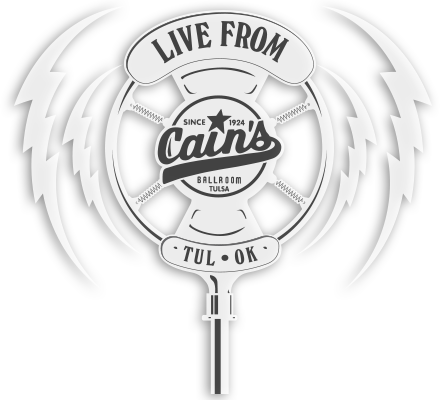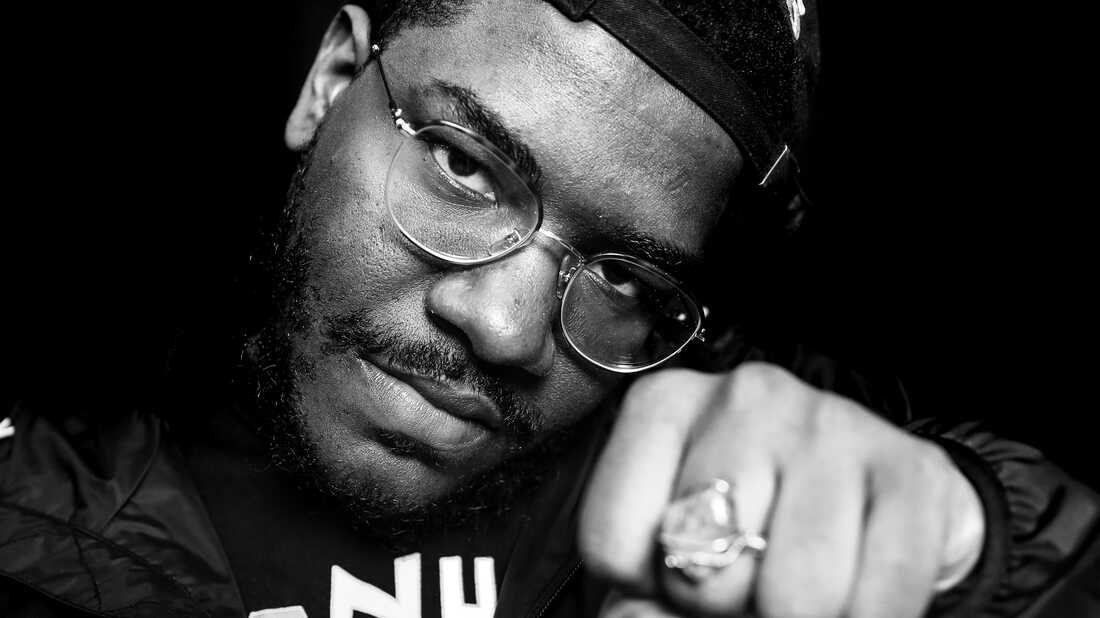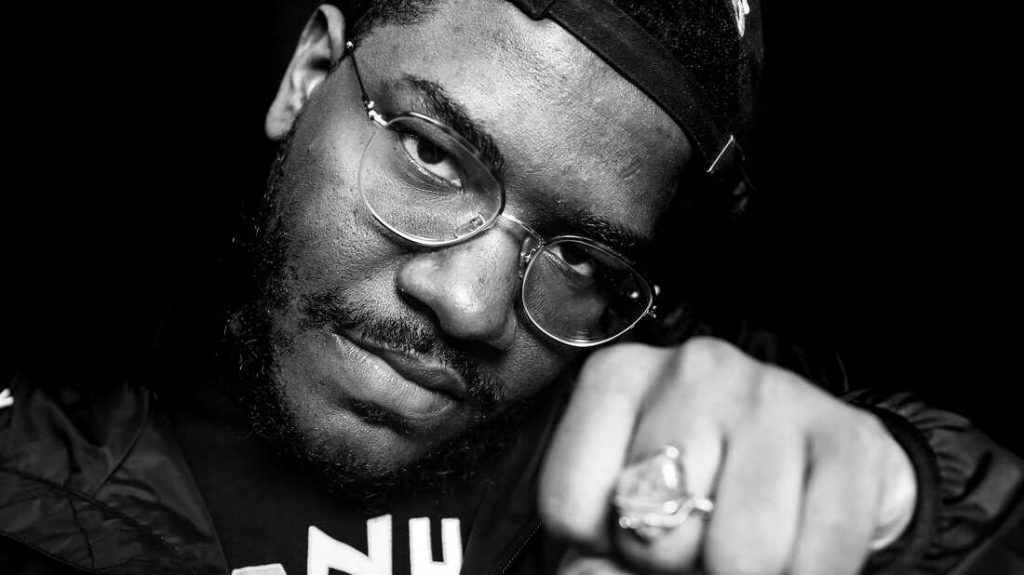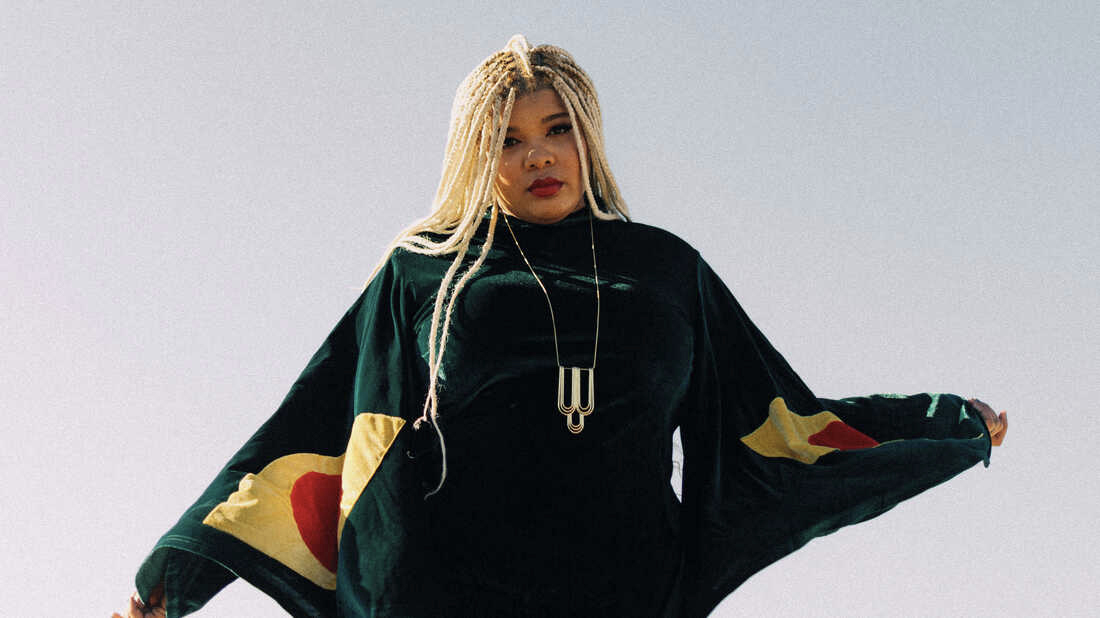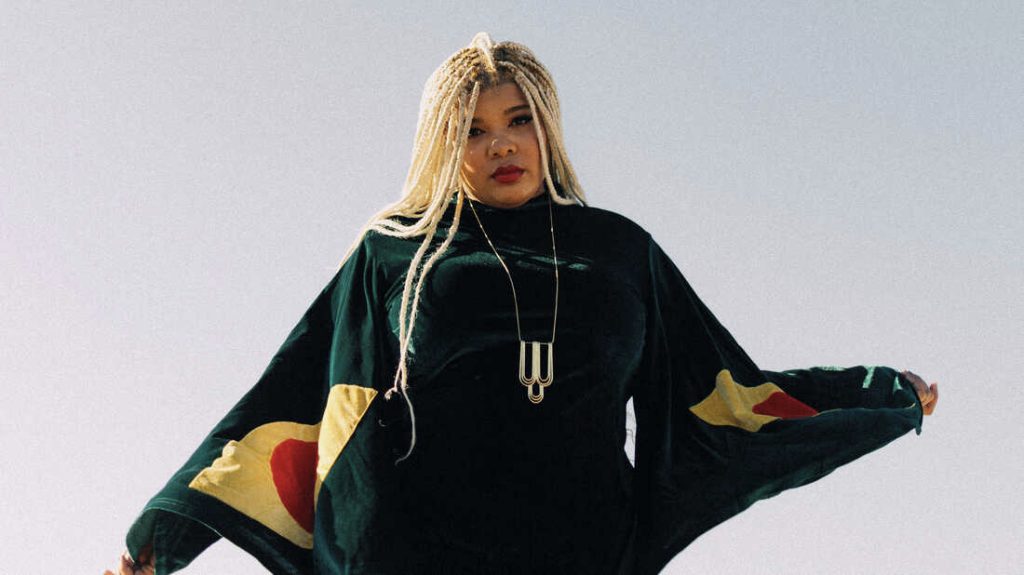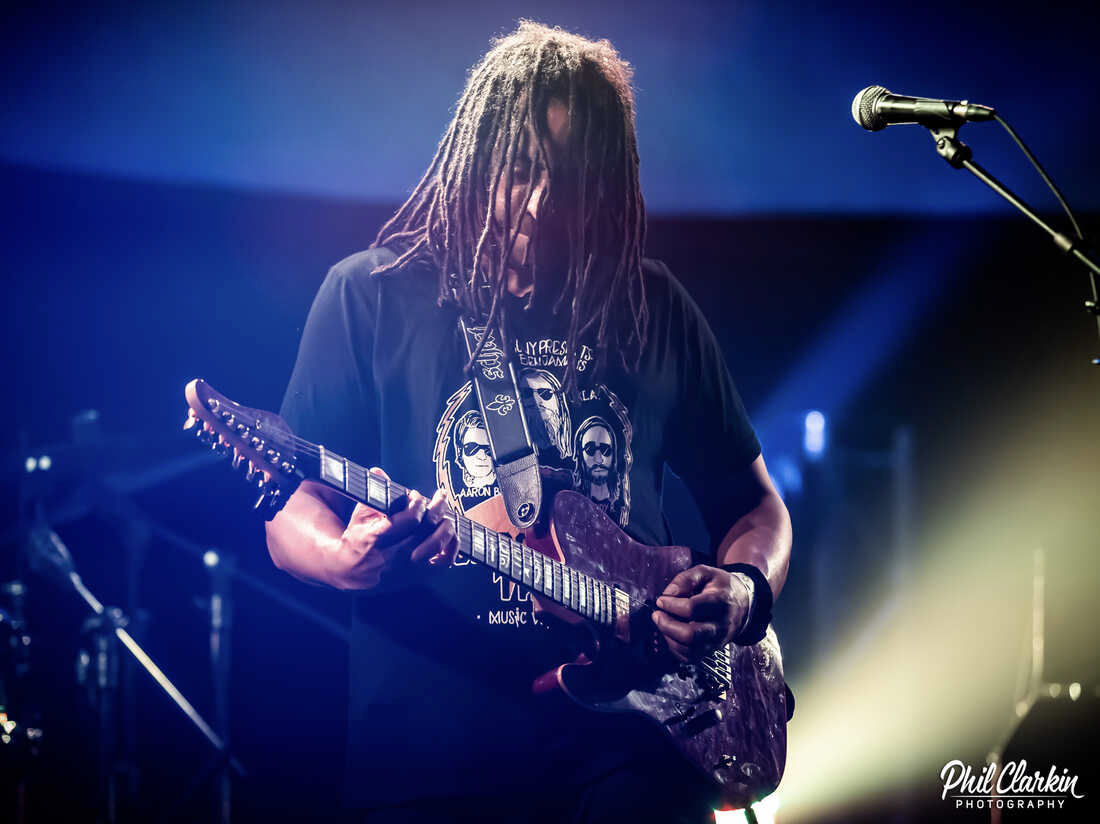
They sought talent that fit the mindset of Black Wall Street — musicians who could set aside ego to commemorate their ancestors.
Ryan Cash/Fivvish/Courtesy of the artist
Recent Posts
“But we’re what it looks like when we got our own backs / And we’re what it looks like when we build it back black / We’re what it looks like in a hundred years time / Got the audacity to walk up out these ashes and shine / We’re shining”
–”Shining” from Fire In Little Africa
Stevie Johnson remembers the first time he heard about the 1921 Tulsa Race Massacre. It was 2013; he was 24 years old, working at Edmond’s University of Central Oklahoma. During an excursion to Tulsa’s Greenwood Cultural Center, he discovered the history of the area — that it was once a prosperous Black neighborhood, home to a thriving business district known as Black Wall Street. The district was burned to the ground overnight. It’s remembered as one of the country’s worst incidents of racist violence.
Johnson was blown away. “I’d finished two degrees. Two degrees! And I’d just found out about it, and it was in my backyard,” he recalls. “What am I? What is my responsibility as an educator and what am I doing if I don’t know this history? It was a wake-up call.”
Eight years and a Ph.D. later, Johnson is the Manager of Education and Diversity Outreach at Tulsa’s Woody Guthrie and Bob Dylan Centers — collectively known as “The American Song Archives.” He’s also the executive producer of Fire in Little Africa, a hip-hop album commemorating the Tulsa Race Massacre’s centennial. The record is out today via Motown Records’ Black Forum label. It is the realization of Johnson’s vision: empowerment, education, and community. It’s a way to honor Tulsa’s past, while building a future with the community’s hip-hop artists.
It also naturally fits an academic whose first love was music. Johnson, or “Dr. View,” began DJ-ing as an undergraduate at the University of Oklahoma. For a young, black male at a large and overwhelmingly white state school, it was a way to stay connected on campus and formulate his identity. Years later, in pursuing his doctorate degree, Johnson chose to combine his passion for music and scholarship through his dissertation. It took shape as both a written paper and a hip-hop album. In a sense, Fire in Little Africa is an extension of that concept. “Now it’s outside the ivory tower and the institution of higher education,” Johnson notes. “This is a communal undoing of trauma, a healing of trauma.”
Johnson began by contacting local musicians Steph Simon and Dialtone, early innovators in Tulsa’s hip-hop scene. “It took some time to help them understand I wasn’t there to put myself on a pedestal.” Johnson says. “I’m really here to do the work and make this as dope as we can make it.”
They sought talent that fit the mindset of Black Wall Street — musicians who could set aside ego to commemorate their ancestors. Johnson was humbled by what the group accomplished during such a challenging year. “If we can come together and galvanize 60 unsigned artists from Tulsa, Oklahoma City and Lawton to record 142 songs in five days in a pandemic, particularly to honor our ancestors,” Johnson says. “If we can come together on some history that’s been hidden for so long and do some amazing things, imagine what it will look like once we actually get some economic empowerment and are able to shift and change our culture.”
The songs were recorded in Greenwood over a five-day period in March 2020, just before the pandemic shut down the city. Studios were created at the Greenwood Cultural Center and additional locations, including the former “Brady Mansion.” Now owned by Tulsa native and NFL veteran Felix Jones, it was the historic home of Tate Brady, a prominent white businessman and Klansman at the turn of the century. Twenty-one songs made the final cut and much of the editing was done via videoconference.
Fire in Little Africa is the first new material to be released by Motown’s Black Forum since the label’s relaunch earlier this year. For Johnson, releasing this album through Black Forum represents a beginning. “It’s like Motown signed the state of Oklahoma,” he says. “It’s amazing, and it’s a beautiful thing. Something will come out of this for sure.”
In the meantime, he’s anxious for the world to hear what these artists have created. “My hope is that people will hear the emotion and the pain, but that they’ll also hear how they’re pushing that pain and trauma out to really talk about joy and resilience,” Johnson says. “We’re the rose that grows out of the concrete.”
